How and how long do budgies sleep?
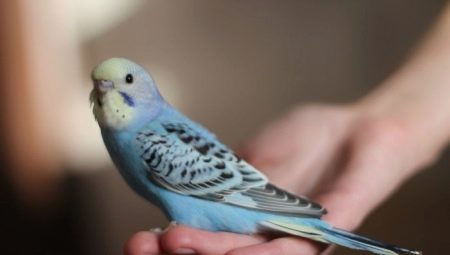
Budgerigars are fun and active pets. In order for the bird to always be healthy and in a good mood, it is important to ensure the correct sleep and wakefulness regime when keeping it. And for this you need to know how long it takes a parrot to sleep.
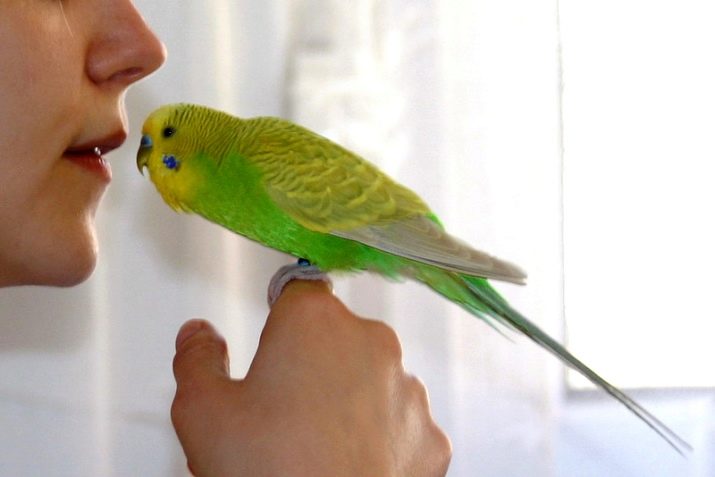
Sleep duration
In nature, budgerigars live in Australia. It is very hot here, and therefore birds often prefer to doze even in the daytime, hiding from the scorching sun in the shade of dense foliage. Individuals bred in artificial conditions have retained this habit in the genes, so many of them like to rest at noon, most often in the summer. The owner should not be intimidated by such behavior, daytime sleep does not mean boredom or illness of a parrot - this is the norm. Usually, a pet needs at least half an hour for a day's rest. In order for a bird to sleep peacefully at night, it needs to provide complete darkness and silence. A parrot's full night's sleep lasts 10-12 hours, in winter this period can last up to 14 hours.
If the pet is constantly energetic, mobile and active, then it can sleep even more time.
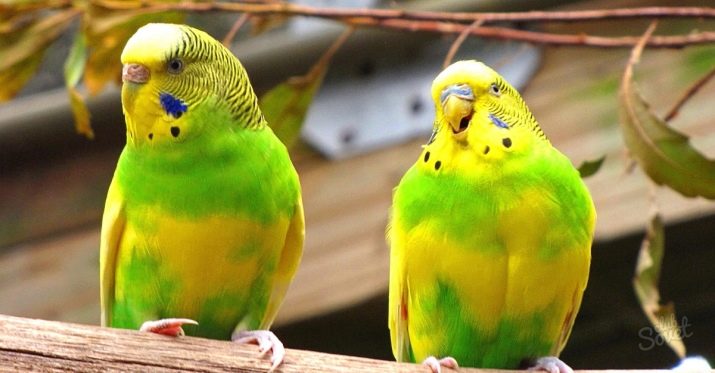
Sleep positions
Bird experts recommend observing the position in which the parrot sleeps. Many of them like to sleep standing on one leg. Only hardy and strong birds are capable of this, only they can maintain balance. If the owner does not notice that the pet is sleeping on one leg, then this may be an indicator of the unhealthy state of the bird. If she is weak, injured, has an infection, or is kept in poor conditions, she will most likely sleep on two legs. Older individuals also prefer the same sleeping position.
Seeing that the parrot is sleeping, ruffled and burying its beak in the feathers, the owner should know that, most likely, the pet is frozen. In this position, he tries to retain the heat of his own body. The owner needs to change the temperature regime in the cage of the feathered pet, since hypothermia is quite dangerous for the budgerigar.
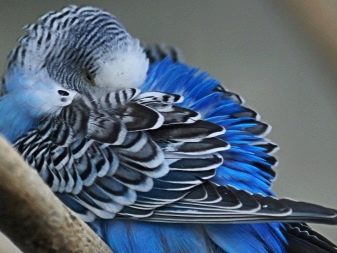
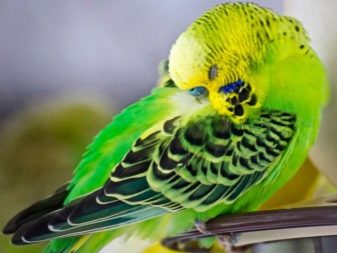
We create conditions for sleep
Noticing that the bird sleeps up to 12 hours a day, do not worry. Worse if she can't get enough sleep. A sleepless bird will feel uncomfortable, its appetite will deteriorate, it will start to sleep in the day, which will distort the necessary sleep and wakefulness regime and negatively affect the health of the parrot. To ensure a good full sleep for a pet, it is necessary with the arrival of night to exclude all extraneous sounds, turn off the computer, radio, music, close the window and even close the curtains.
A parrot can be frightened by the shadow of a car passing on the street or a hanging toy that has moved from a draft.
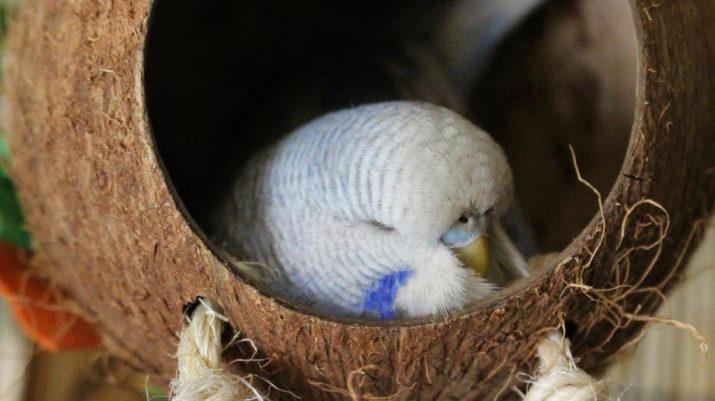
It is important to turn off your phone so that an unexpected night call does not scare the wavy. Many people cannot fall asleep without the TV and turn it off only after waking up in the morning. In this situation, the parrot will experience anxiety all night long, the flickering of the screen will alert the tired bird, and then it will have to replenish its sleep hours during the day. Another moment that can scare a parrot is falling from a perch. Many owners remove all the swings and poles at night. The fact is that a parrot that has fallen asleep on one leg at night can lose balance and fall. He is unlikely to get injured, but he will be very scared and will not be able to fall asleep for a long time. Some owners put a cardboard shelf in the cage as a "bed", from which the bird cannot fall.
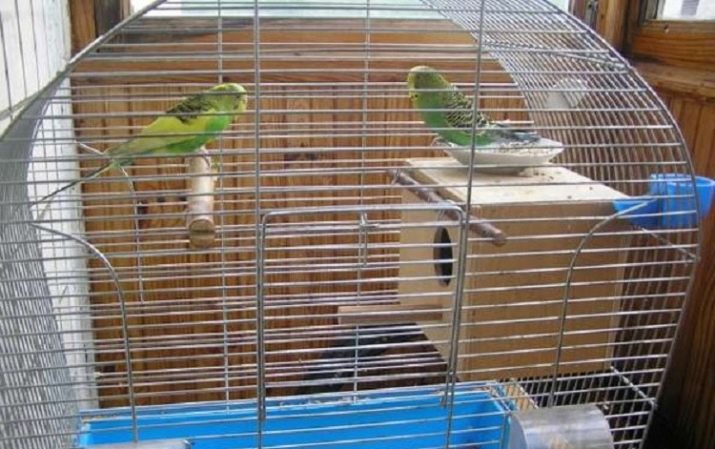
If you can't keep up with sleep and wakefulness, and your pet is active at night, and then sleeps all day, then you can cover his cage with a cape at night. Choose a material that is breathable so that there is adequate ventilation in the cage. Do not expect that the parrot's sleep will improve immediately, but after a few days the pet will adapt to the new regime and will perceive the cape as a suitable condition for falling asleep. After some time, the wavy will fly up to its usual sleeping place, seeing the blanket in the owner's hands. If the conditions for sleeping are not created, then the bird will practically not sleep. An animal with chronic sleep deprivation is characterized by the following symptoms:
- loss of feathers;
- a tendency to pluck feathers;
- regular sleepiness and lethargy;
- irritability;
- depression;
- aggression;
- lack of appetite;
- unplanned laying of eggs.
If during the examination and in the analyzes nothing terrible was found, then the owner needs to change the conditions of detention, including adjusting the sleep and wakefulness regime.
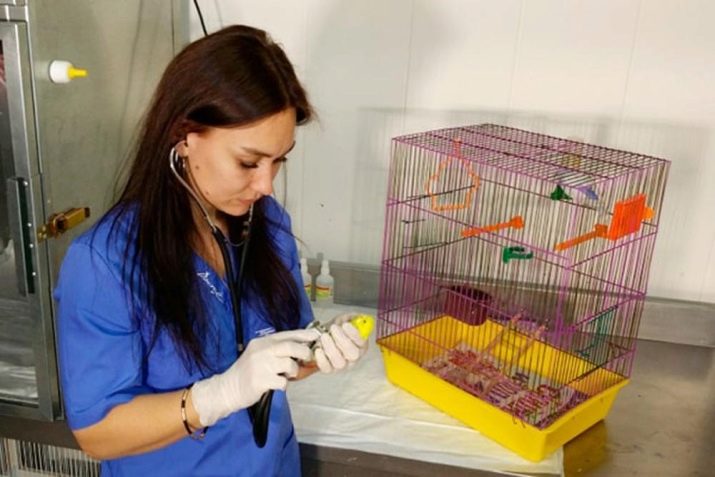
Can I wake up?
Sometimes a parrot is required, on the contrary, not to be put to bed, but to wake up. For example, a pet got a habitual half-hour nap during the day, but the owner has planned a trip to the veterinarian. As already noted, the bird should feel safe during sleep, and therefore it is impossible to sharply wake the parrot with loud sounds. A pet that is awakened by sudden loud music during sleep will have a panic attack, which can even provoke cardiac arrest.... If such a terrible outcome does not follow, then the abruptly awakened bird will become nervous, fearful for a long time, for several days it will not fully sleep and may lose confidence in the owner.
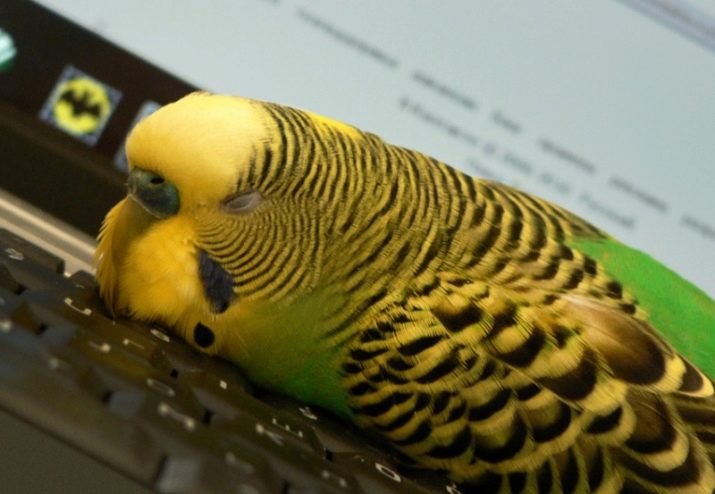
For tips on how to sleep in parrots, see the next video.








